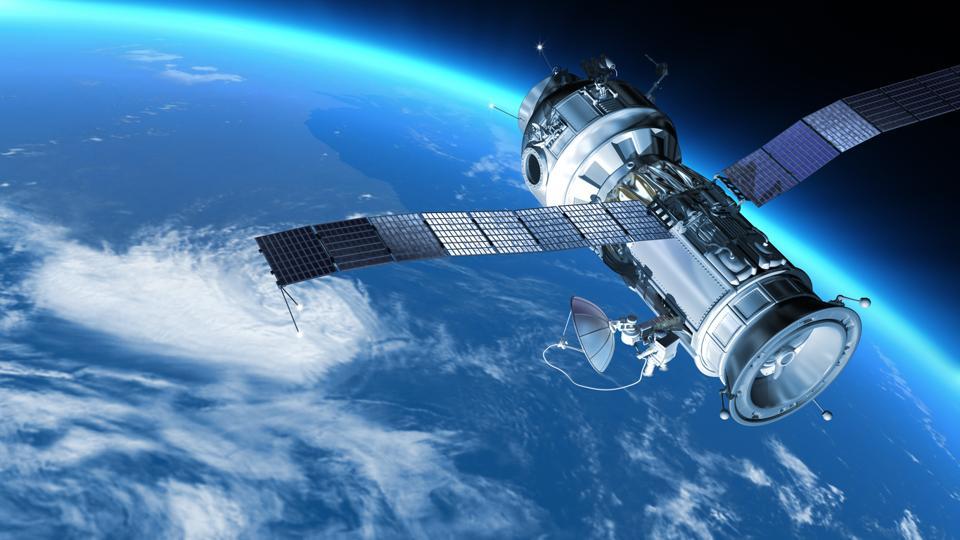Athena: Facebook is building a satellite to beam internet down to Earth
Facebook plans to launch Athena, an internet satellite, early in 2019. Before Facebook, Elon Musk’s SpaceX had also announced working on a similar technology to beam internet connectivity from space.

Facebook is working on an internet satellite project called Athena to beam internet connectivity down to Earth. The company aims to launch satellite early next year.
The social networking giant has filed with the US Federal Communications Commission (FCC) under the name PointView Tech LLC, the project is designed to "efficiently provide broadband access to unserved and underserved areas throughout the world," the Wired reported on Friday.
Facebook also confirmed that Athena is their project.
"While we have nothing to share about specific projects at this time, we believe satellite technology will be an important enabler of the next generation of broadband infrastructure, making it possible to bring broadband connectivity to rural regions where Internet connectivity is lacking or non-existent," a Facebook spokesperson said.
Internet satellite: Facebook's another attempt
While Facebook had long expressed its cherished goal of connecting billions of underserved people around the world, it has not had much success with two earlier projects.
In June, Facebook announced it decided to abandon its plan to develop high-flying solar-powered drones called Aquila that was aimed to deliver Internet to nearly four billion people in remote parts of the world.
A high altitude platform station (HAPS) system, Aquila's mission, according to Facebook CEO Mark Zuckerberg, was to connect the world and help people who do not have online access all the opportunities of the Internet.
Facebook began Aquila project in 2014. In 2017, the solar-powered drone successfully completed the second full-scale test flight.
The social network also discontinued in 2017 a small helicopter drone project that could temporarily replace cellular services in emergency situations, The Verge reported.
The idea was to send a helicopter equipped with telecommunications equipment hundreds of metres up in the air to be able to tether to fibre and power lines in places where wireless capacity was compromised due to disaster or other factors. ALSO READ: Terragraph: Facebook's new initiative to connect people
Not alone
Facebook, however, is not alone in aiming to increase Internet accessibility through satellites in low Earth orbit. Elon Musk's SpaceX and Softbank-backed OneWeb are two other prominent names who have similar ambitions.
SpaceX plans to launch a network of satellites to provide internet around the planet. While there's no word on the commercial availability of the project, SpaceX has already sent prototype satellites into the orbit.
"First two Starlink demo satellites, called Tintin A & B, deployed and communicating to Earth stations," SpaceX founder and CEO Elon Musk announced earlier this year.
Alternatives
Apart from internet satellites, technology companies are also working on other options to beam radios. Google has made giant strides with its Project Loon under which the internet connectivity is provided through balloons. The company has already expanded the project to parts of Africa and also plans to roll out in India.
Microsoft is also working on white space project to provide internet through unused spectrum between two TV channels.
(With inputs from IANS)
Catch all the Latest Tech News, Mobile News, Laptop News, Gaming news, Wearables News , How To News, also keep up with us on Whatsapp channel,Twitter, Facebook, Google News, and Instagram. For our latest videos, subscribe to our YouTube channel.































